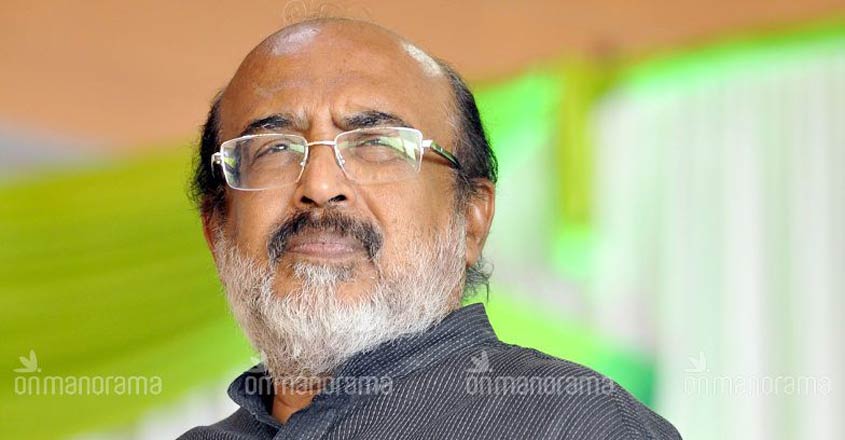
Thiruvananthapuram: Kerala Finance Minister T M Thomas Isaac has said that the 'calamity cess' of one per cent would not cause an increase in the prices of goods and services. “The prices cannot go beyond the maximum retail price (MRP). If so, it is illegal,” he said.
His logic is that the sellers could easily absorb the 'calamity cess' without having to pass it on to consumers. “When the earlier VAT (Valued Added Tax) regime was in place many of these products were subjected to multiple taxes (in the form of sales tax, excise duties and octroi) that added up to over 30 per cent. Even when the total tax came down to 18 per cent and 12 per cent under the GST (Goods and Services Tax) regime, the savings were not passed on to the end consumer. So there is no need to pass on an insignificant one per cent cess when they have already gained considerably,” Isaac said.
However, in the case of products that do not have a maximum retail price fixed on them, like say ice creams, electronic items or four-wheelers, the finance minister was unable to provide an assurance. If the sellers were unwilling to pass on the GST benefits to consumers, as Isaac himself said, there is no reason to believe that they would suffer the calamity cess.
Fact is, even the MRP does not cushion the consumer from a price hike. There are no rules governing the MRP. Even the same product can have different MRPs. Bottled water is an example; the drinking water of a same company sold at a railway station and a multiplex sport different MRPs. The fear now is that manufacturers will revise the MRP of products sold in Kerala to accommodate the one per cent cess, so that the burden is passed on to the consumer.
The cess will be charged on the invoice price of the goods or service, which is the price before the GST is added.


